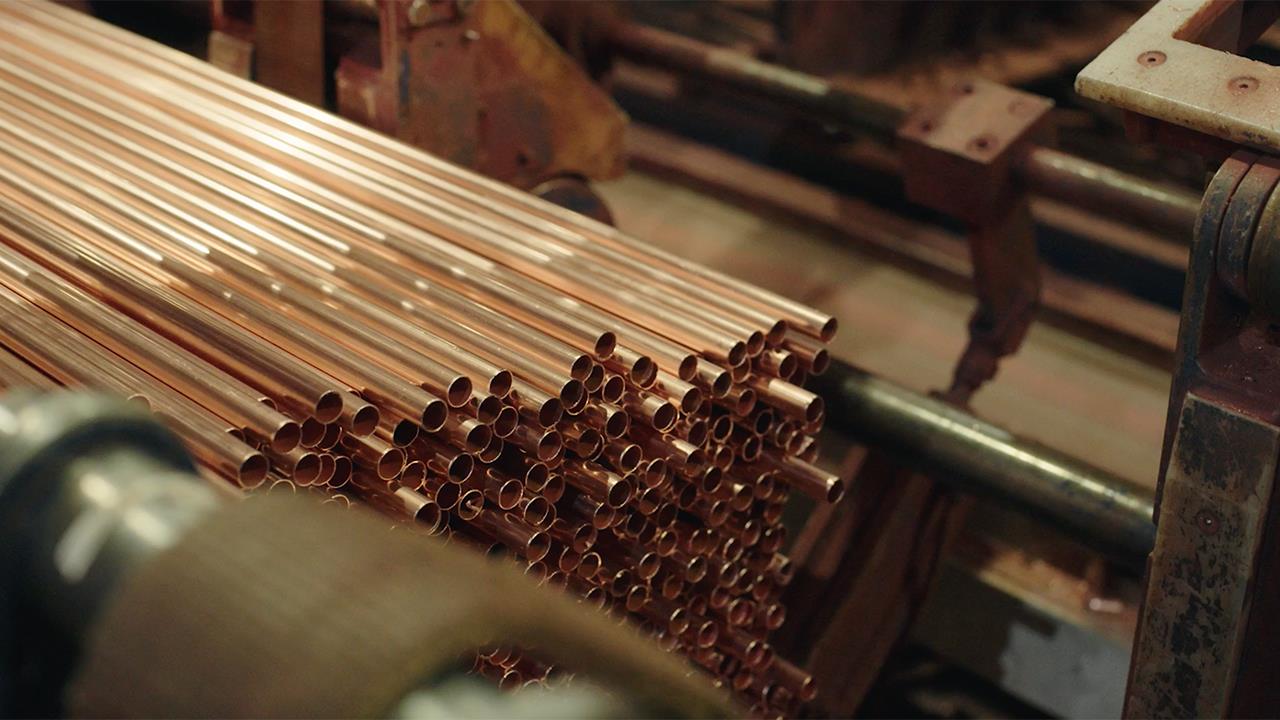

Hearing the words “there’s a leak under the sink” fills homeowners around the UK with dread. And there’s no wonder why – water leaks are a hefty expense and new research by Affinity Water reveals that the UK potentially wastes £697 million on water bills each year due to leaks in the home.
While one leaky pipe may seem insignificant, the lack of awareness from most homeowners on the realities of the potential damage, and ways to reduce the risk of pipes leaking, makes it a real problem.
The depth of the problem
Affinity Water surveyed plumbers and found that, on average, they each fix 192 home leaks annually – the equivalent of having to fix a leak almost every other day.
What can make these cases worse is that homeowners often either disregard the problem entirely, leaving the leak to worsen, or they take matters into their own hands and try to fix the issue themselves.
An overwhelming majority of professionals (88%) have had to repair a leak that a customer attempted to repair themselves, with almost all of them (83%) finding there was more damage caused by the attempted home remedies.
The causes of the leaks
Leaks often appear to begin from nowhere, unless a major incident has occurred in the home. However, a study published by the Copper Sustainability Partnership (CuSP) and the Alliance for Sustainable Building Products (ASBP) reveals that the increased use of plastic push-fit pipework is one of the most common causes for water leak claims.
In addition to the £697 million wasted by consumers on water bills each year due to water leaks, everyday water leak insurance claims cost UK insurers £2.5 million a day, according to the Association of British Insurers.
One way that push-fit pipework can cause damage is by the fitting working loose, causing it to pop off the plastic tubing, creating a full-bore leak. As push-fit fittings are rarely used on copper tubes, this phenomenon is almost exclusively associated with plastic pipe installations. Full-bore leaks are catastrophic as mains pressure water can destroy ceiling furnishing and cause thousands of pounds worth of damage in a matter of minutes.
The research also reveals how escape of water can be caused when the plastic piping material comes into contact with incompatible materials and breaks down. These materials include caulks and fire-stopping materials, leak-detection fluids, pipe tapes, sealants, and paints.
Meanwhile, the world’s first worked metal – copper – persists as a much more reliable option for pipework. Extremely durable, even in the face of fires and freezing temperatures, copper remains a sturdy material. What’s more, copper is naturally antimicrobial so prevents the growth of mould in the pipes, impeding the possibility of blockages which would cause further damage to the pipe.
And not only is copper the more practical choice, but it is also the more sustainable choice. It is one of the most versatile materials on the planet but can also be recycled and reused repeatedly without losing its properties. Because of this, it plays a key role in the circular economy – it's a win-win.
Wider issues flooding the industry
The issues stemming from the increased use of plastic push-fit pipework and, more generally, plastic pipes, shed light on a larger problem plaguing the industry. During the last 25 years, plastic has become increasingly prevalent in the built environment due to its cheap cost and relative ease of installation, but this means that many new-build homes are not in fact built to last.
Plastic pipes are prone to breakages, degradation, and contamination, which can cause larger problems than water leaks. While a leaky pipe may not begin as a major concern, homeowners’ hesitancy to have them fixed can lead to much larger problems, such as mould in the property, which can cause serious health issues for residents.
Plugging the problem
While leaks will almost certainly remain an issue for as long as pipes are used, there are many ways that plumbing professionals and installers can reduce the number of incidents.
Take the extra time to educate your customers about regular boiler servicing, checking water pressure and extra precautions they can take.
Recommend safe pipe choices to customers, such as copper. Due to the reduced risk of damage to the pipe, they will need to be repaired and replaced considerably less often than plastic, making them a cheaper option, despite the higher initial cost.
Look into ways that you, as a professional, can support safer and better quality pipe materials, whether this be through signing and promoting Parliament petitions or becoming a member of the Chartered Institute of Plumbing and Heating Engineering.
To keep out of hot water when it comes to pipe leaks, the solution is simple – cut the issue off at the source and make the right choice by choosing copper.
If you'd like to keep up-to-date with the latest developments in the heating and plumbing industry, why not subscribe to our weekly newsletters? Just click the button below and you can ensure all the latest industry news and new product information lands in your inbox every week.